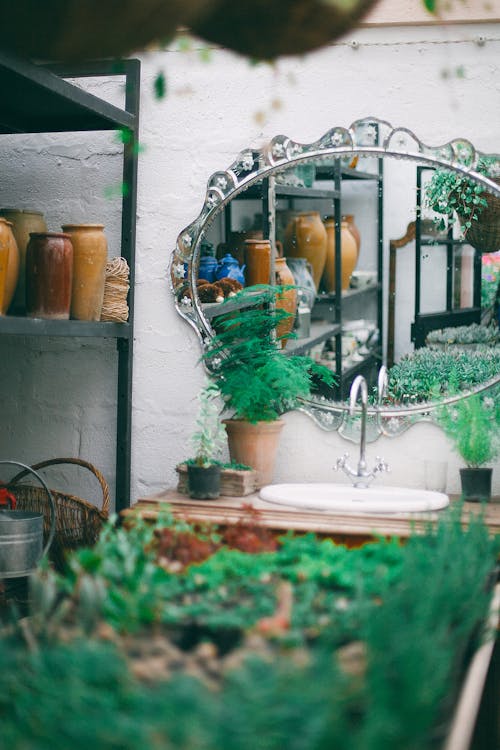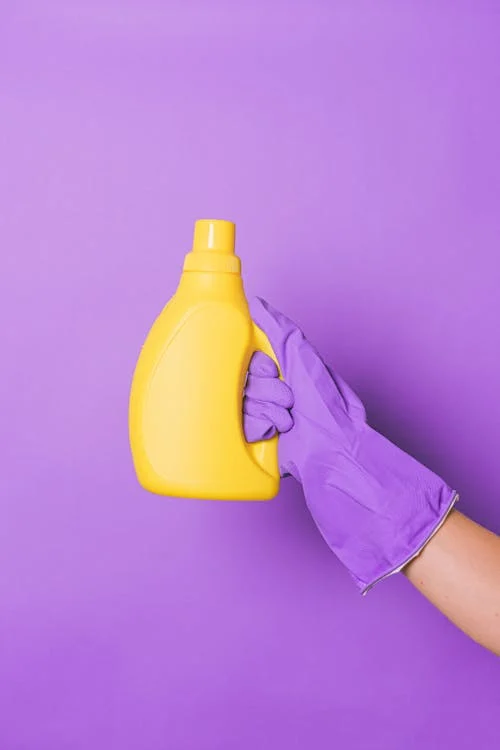GUTTER MAINTENANCE
Regular Cleaning
Remove debris, leaves, and dirt to prevent clogs. Clean gutters at least twice a year, ideally in spring and fall.
Inspect for Damage
Check for leaks, holes, and rust spots. Ensure gutters are securely attached to the house.
Ensure Proper Drainage
Make sure downspouts direct water away from the foundation. Install downspout extensions if necessary.
Trim Nearby Trees
Trim branches near the roof to minimize debris. Prevent leaves and twigs from accumulating in gutters.
Install Gutter Guards
Consider using gutter guards to reduce the frequency of cleaning. Guards help prevent larger debris from entering the gutters.
Check for Proper Slope
Ensure gutters slope towards the downspouts for effective drainage. Adjust if water is standing or pooling in sections.
Repair or Replace When Needed
Repair small holes or leaks with gutter sealant. Replace damaged sections to maintain the gutter system’s efficiency.
Professional Inspection
Have a professional inspect your gutters annually. Professionals can spot issues you might miss and provide necessary repairs.


Regular gutter maintenance is essential to ensure they function properly and protect your home from water damage. Cleaning gutters at least twice a year, especially in spring and fall, is crucial, particularly if trees are nearby.
Use a gutter scoop, garden trowel, or wet/dry vacuum to remove debris. You can also use a high-pressure hose or pressure washer for thorough cleaning. Check downspouts for blockages and use a plumber’s snake or similar tools if needed.
Inspect gutters for cracks, holes, rust, or signs of damage, and seal small issues with gutter sealant. Replace damaged sections to maintain the gutter system’s efficiency. Ensure gutters slope towards downspouts for proper drainage, and secure brackets and hangers.
Installing gutter guards can help minimize debris accumulation, reducing the need for frequent cleaning. Trim nearby trees to prevent leaves and twigs from clogging the gutters.
Ensure downspouts extend away from the foundation to direct rainwater safely, and check for leaks after cleaning, sealing them with appropriate materials. If uncomfortable with heights or accessing the roof, consider hiring a professional handyman or gutter specialist for maintenance and inspections.
These practices help maintain gutters and safeguard your home from potential water damage, such as issues with fascia, roofline, and crawl space.
Additional considerations include using vinyl, copper, or other materials for guttering, depending on aesthetic and durability preferences. Copper gutters can develop a natural patina over time, adding character to your home. For eco-friendly solutions, consider installing a rain barrel or creating a rain garden to manage stormwater runoff. Regular maintenance ensures your gutters function properly, protecting your home from water damage and preserving its value.
